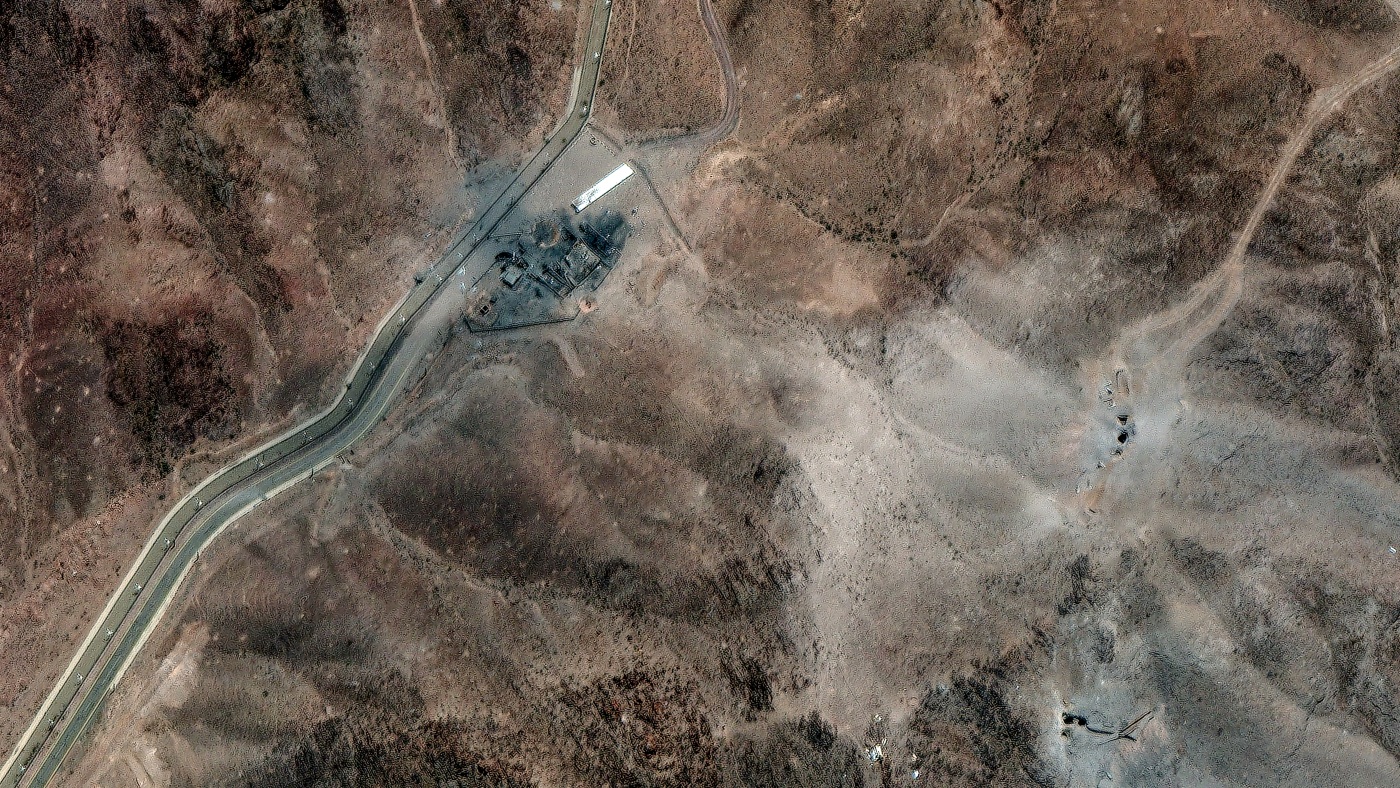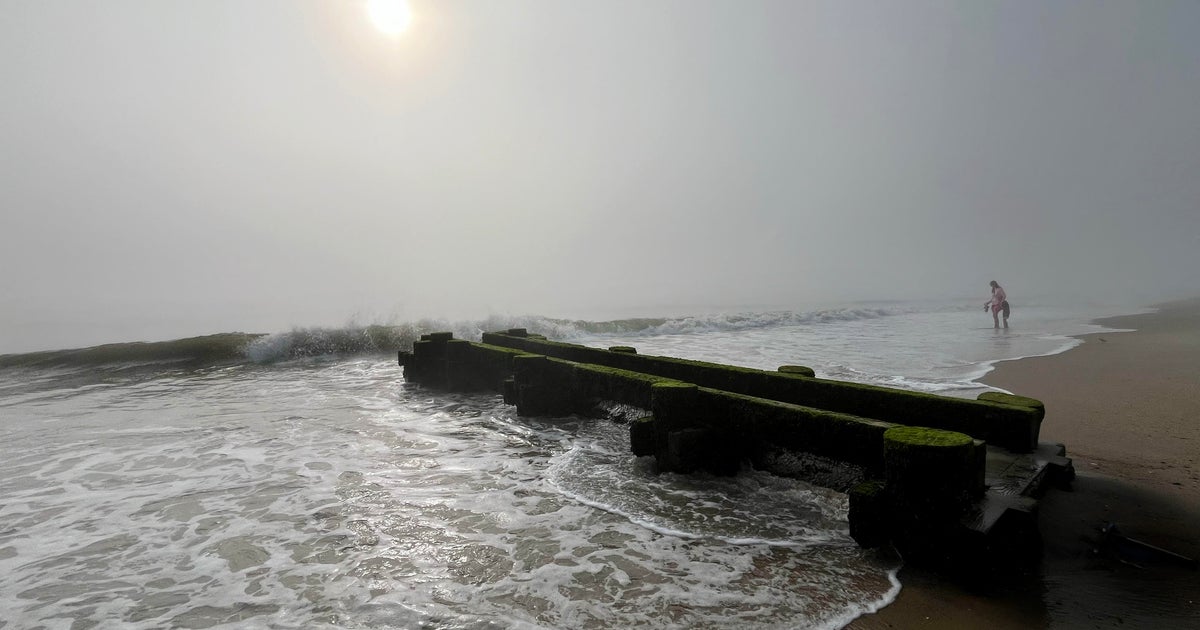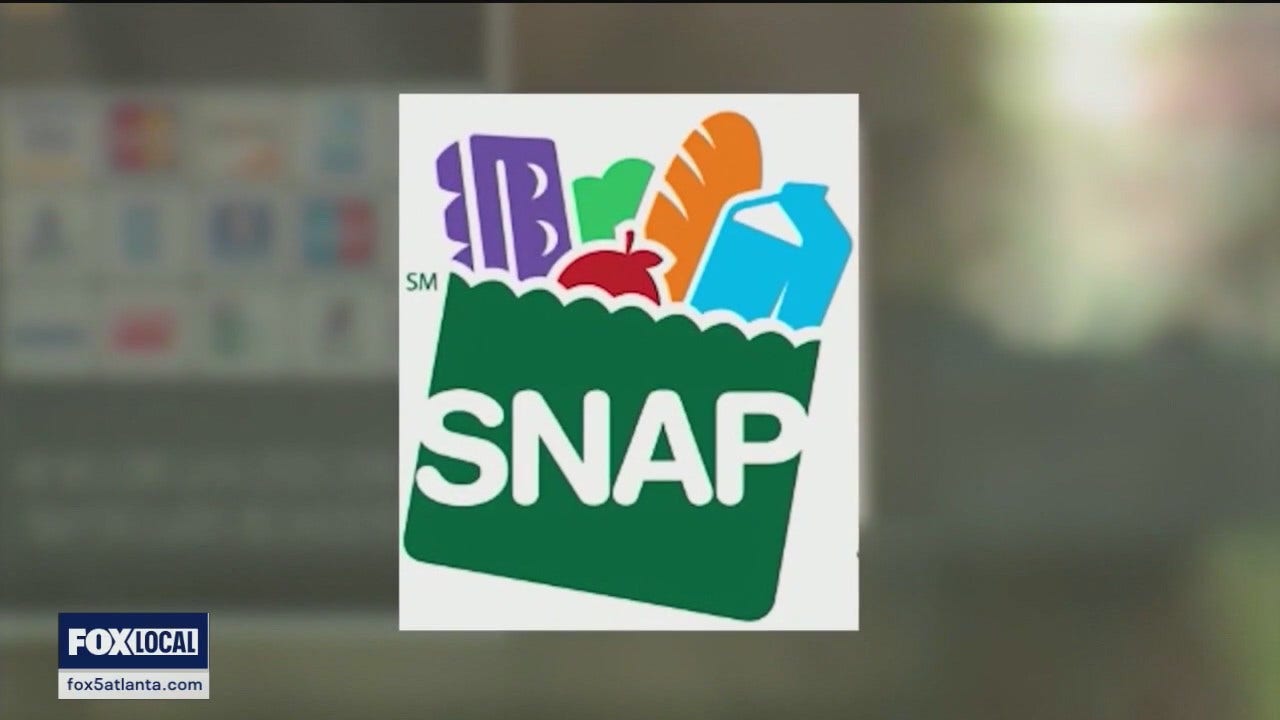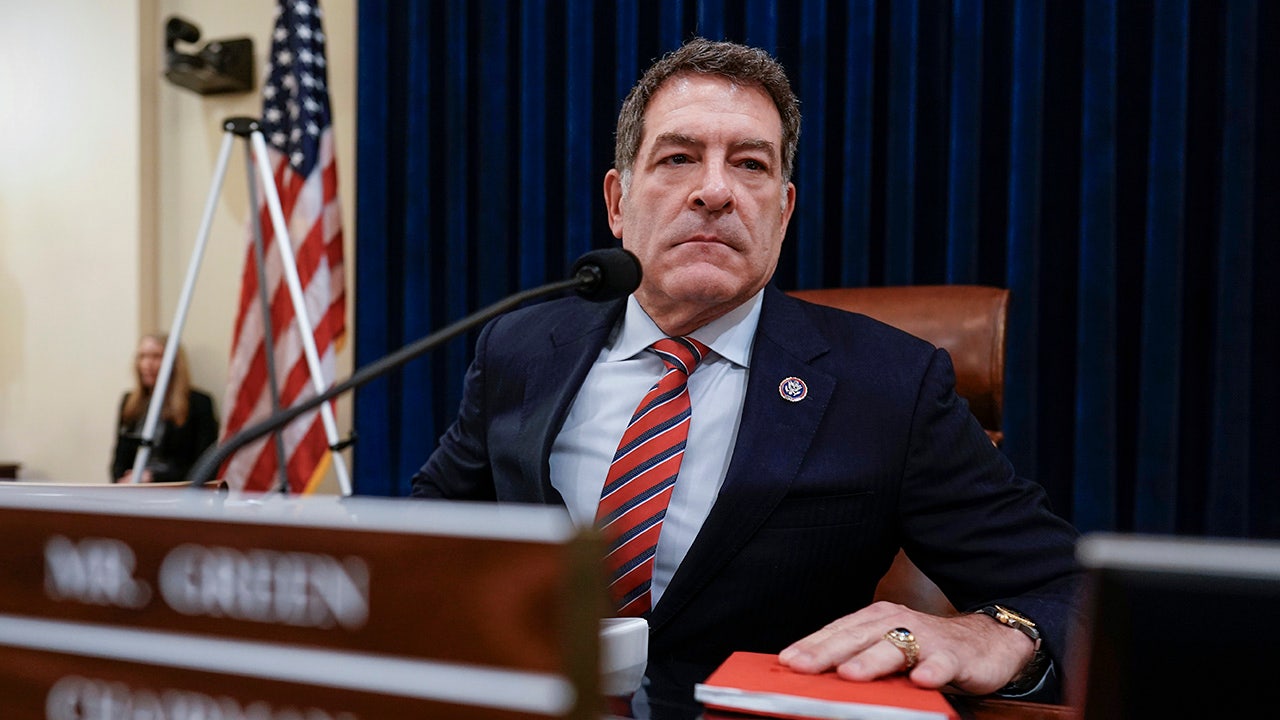Pennsylvania
We moved our family of 4 into a tiny, remote cabin we bought sight-unseen. Everything was a mess at first, but now we’re closer than ever.
- Danielle Elderkin and her husband grew weary of the grind of life in Temecula, California.
- In 2019, their family packed up and headed to Pennsylvania but arrived to a cabin in disrepair.
- The experience bonded them: They spend more time together and have money for family vacations.
This as-told-to essay is based on a conversation with Danielle Elderkin, who, along with her husband and two sons, left Southern California for Pennsylvania in 2019. The essay has been edited for length and clarity.
My family and I lived in Temecula, which is between San Diego and Orange County. For a long time, we loved it there. We enjoyed the food and being close to the beach and mountains. But there were a lot of downsides to living in the city.
There was a large transient community and I would have to keep my office locked. I was on a first-name basis with the local police department because of incidents that happened. We really didn’t want our kids living in that type of environment.
We also felt like the cost of living was outrageous and we were always working. Despite that, we still didn’t feel like we were getting ahead in life. We didn’t have extra money for vacations and we had to live very simply.
Eventually we stopped loving the area.
Courtesy of Danielle Elderkin
My sister lives in the Poconos. There are many abandoned, rundown cabins in the area. In the fall of 2018, I visited her and I had a lightbulb moment: My husband and I could buy a cabin cheaply, fix it up, sell it, and buy another one. We could really have a fresh start.
So, that’s what we did. In 2018, we found a 760-square-foot, 1960s cabin online and purchased it for $65,000 — we didn’t even see it in person. In February 2019, we sold our 1,900-square-foot California home and moved to the Poconos.
We encountered a disaster in the moving process
Our California home was large, so we had a lot of stuff. Since our Poconos cabin was smaller, we decided to get rid of almost everything — we really didn’t care about a lot of our possessions.
I have a good friend who sells stuff on eBay. We gave her two U-Hauls full of our things and just took basics like dressers, beds, and our couch. We decided to take one car with us and sell the other. We really downsized.
My husband and I hired a moving company — the type where they drop off the van, you fill it yourself, and then they move your belongings. It cost us around $8,000. On the way to Pennsylvania, our moving van flipped over. About 80% of our stuff was destroyed.
For a week, we had no idea how bad or minimal it was, and if we were going to be able to salvage our stuff. It was kind of devastating. The items we were most worried about were art and our kids’ memories. Those were irreplaceable.
Luckily, right before we left, I called my insurance agent to ask if we were covered for the miles between California and the Poconos. He gave us a short-term policy that covered everything, it cost only $15.
When our stuff arrived in the Poconos, we had to go through everything and make a list of our items and look up pricing. Nothing that really mattered to us was destroyed. It really put into perspective how much stuff we really needed in life.
Courtesy of Danielle Elderkin.
We did deal with inconveniences. Our couch was broken in half and our dressers smashed. My husband had a lot of light construction equipment like saws that were damaged.
We basically got the purchase price for everything that was destroyed. I think it was like $15,000. We were lucky, the moving company was only going to pay us 10 cents a pound no matter the item.
We arrived to a cabin in a state of disrepair
My family and I drove down to the Poconos in a vintage camper that we bought in 2016. It was so late at night when we finally arrived in town, but we wanted to see the house right away. We had only seen photos.
When we got to the house, it was around 9 p.m. and pitch dark. It did not have any power, so we had to use flashlights to get around.
The man that had lived in the home prior was a chain smoker, and we discovered yellow film on all the windows. He also had a wood-burning fireplace and the stove was not ventilating properly, so the carpet was stained and a different color in every room. It was horrific.
We just sort of laughed about it. We were like, “What the heck can we do?” We were still excited about the potential of the home and knew we could make it nice. We embraced it as a part of the adventure.
Courtesy of Niv Rosenberg.
It was not in condition for us to move in right away and live in. It needed to be cleaned a lot, and the carpet had to be torn up. So we stayed with my sister for a couple of weeks, while my husband did some initial demo work.
Since our first date, my husband and I have always talked about wanting to renovate houses. We knew we were going to update this cabin and incorporate all things that we really love.
We made the kitchen bigger and included more cabinets. We kept the bedrooms pretty much the same and painted the paneling and brightened the rooms up. We renovated two bathrooms, which were really fun to do. We installed a vintage clawfoot tub and fun tile. It took us about three and a half years to renovate the cabin.
Within that time my husband had a full-time job working in construction at a local resort, and was renovating the cabin on the side. During that time, we also bought a second cabin, renovated it completely, and sold it.
In December 2022, we moved from the first cabin into the third cabin we bought. For now, this is our house, at least until our boys graduate from high school. But we definitely are planning on acquiring more properties. Right now, we’re looking at the short-term rental market.
It took time to adjust to a smaller living space
Living in a smaller space, you have to get really creative with using every inch of the house in a useful way. You can’t just throw things in a giant closet, because you don’t have that. Everything is super organized.
At first, the boys hated sharing a room. They’re 19 months apart and territorial and competitive. As they got older, they just really wanted their own space.
Courtesy of Niv Rosenberg.
My husband and I actually loved downsizing. Being trapped in our house during the shutdown, we really made the most of it. Looking back, those were some of the best times that we’ve all had together.
We played a lot of board games, watched movies, and took cooking classes online. We were trying new things all the time. One of my sons learned to juggle and the other did magic. It was just really good bonding time for us all.
We’re spending more time together as a family
It’s so different living in the Poconos. Though we’re still living pretty simply, money isn’t so much a focus for us anymore. When we sold our first cabin, we went to Disney World. If we were still living in California, we wouldn’t have been able to afford that vacation.
My sister lives close by, so my sons have their cousins who are close in age to them. But because we moved towards the beginning of the pandemic, for a while, they didn’t have any interaction with anyone except Zoom. It was challenging because the boys missed their friends.
Courtesy of Niv Rosenberg.
Once they went back to school, they really got to know people. They’re now in sports, band, and drama. My older son is in a bunch of AP and honors classes.
My family definitely spends more time together, especially living in a smaller space. But I do miss my family that still lives in California. Even still, I think we are probably going to stay in this area and keep it as our home base.
The dream was for us to have more time together as a family, and to focus on renovating houses. I think the timing of everything worked out perfectly.

Pennsylvania
Pennsylvania man driving go-kart on street dies in crash

A Pennsylvania man driving a go-kart on the street died after hitting another vehicle last week, authorities said.
According to a release report from Pennsylvania State Police, 30-year-old Kolbe Straw was killed in the crash on June 26 in Spring Township, Snyder County. Spring Township is about 60 miles north of Harrisburg.
State police said first responders were called to the intersection of Middle Creek Road and Sanhill Road at around 7:45 p.m. due to the two-vehicle crash. Investigators, according to the report, said that Straw was driving a “low riding go-kart” on Sandhill Road before turning onto Middle Creek Road, where he drove into the path of a Chevrolet Express driving south on Middle Creek Road.
Straw’s go-kart and the passenger van collided, throwing the 30-year-old man from Beaver Springs about 100 feet from the crash site, state police said. The four people in the passenger van were not injured.
Authorities said Staw was not wearing a helmet or seat belt. He was pronounced dead at the scene.
According to his obituary, Straw leaves behind his wife, Paige, and their daughter, Izzy. Paige is 28 weeks pregnant with a baby girl, the obituary said.
“Kolbe Hunter Straw lived loud, loved big, and left a mark on everyone lucky enough to know him,” it read.
“He’s not gone. He’s just out ahead of us—scouting the next ridge, saving us the best view,” it added.
According to the obituary, Straw was an outdoorsman, marksman, archer and the “life of the party.”
Pennsylvania
Confirmed – Pennsylvania bans cell phone use behind the wheel and these are the fines you could receive

We all know that texting and driving is a very bad idea and that we should avoid using our phone or the entertainment center of our car when we are moving to avoid distractions at the wheel. However, knowing this and following it are two very different things, and because of voice commands and the false sense of security that things being just a touch away provide, we have gotten complacent and are now having more traffic accidents because of these distractions once again. The state of Pennsylvania has noticed this uptick and has introduced a new law that cracks down on using phones while driving in an attempt to improve road safety.
The new law, called Paul Miller’s Law, after a young man who lost his life in 2010 because someone behind the wheel was not paying attention is attempting to eliminate distractions while driving and has passed both the House of Representatives and the Senate and is now being signed by the Governor into law.
Since Paul died, his family has made an effort to ensure that the tragedy does not repeat, and the efforts, spearheaded by his mother Eileen Miller, have finally culminated in the passing of this bill. This was not an easy road for her, but thanks to the close support of State Senator Rosemary Brown they were able to make it a reality. At the bill signing, Eileen gave a powerful speech, filled with emotion and gratitude, making it clear how much this meant to her, and how important it was for families like hers.
The new Pennsylvania traffic law, an attempt to curb distractions on the road
Starting June 5, 2025, drivers in Pennsylvania will not be allowed to use handheld mobile devices at all while driving, which means no making calls, no texting and no using apps. The physical phone needs to be put away unless it is an emergency or it is being used for navigation purposes. Under this law, radios used by emergency personnel and certain commercial drivers are not affected by this ban.
Although there are penalties for breaking this new law put in place, they will not go into effect all at once, it will be a gradual process so as to not treat this as a cash grab, but as the safety measure that it is. For the first year there will be no fines but police will hand out warnings to give drivers time to adjust. Next year, come June 2026, anyone caught using their cell phone on the road will have to pay a $50 fine, plus court and admin fees.
Cambria County District Attorney Greg Neugebauer praised the move, calling it an intelligent response to the distracted driving problem and pointed out that it is not just about having a law on paper but that it needs to be enforced to really make a difference. Police officers will now be able to pull over anyone they see using a phone behind the wheel, treating it like any other traffic offense.
The law really is not an overreaction to an inexistant problem, on the contrary, just in 2023 distracted driving played a role in over 11,000 crashes across Pennsylvania. Sixty-three of those were fatal. And that is a problem not just in the state, but across the country, which means that more states are choosing to implement similar laws to prevent more accidents from happening.
Drivers in Pennsylvania may not be thrilled, but they are aware of the problem, and when asked to comment, the general consensus was summarized by this statement that one local driver gave anonymously to WJAC “I feel that it’s a good law because I’ve seen so many distracted drivers and just taking your eyes off the road for a few minutes can of course cause an accident, so even if it saves a life, it’s worth it.”
Pennsylvania
Pennsylvania State Police search for missing woman

GIBSON, Pa. (WBNG) — Pennsylvania State Police are investigating a missing person report in Susquehanna County.
According to the Susquehanna County Sheriff’s Office, Nicole Royale Herman, 45, was last seen at her residence in Liberty Township on Wednesday, June 25, around 11:30 p.m.
Herman is described as a fair-skinned, white female, with long, dirty-blonde hair, blue eyes and is approximately 5′06″.
Herman does not have a means of transportation and may be traveling on foot or with an unknown associate.
She is believed to be suffering from mental illness and has showed signs of paranoia and delusions.
Anyone with information about Herman’s whereabouts is asked to contact State Police Gibson at 570-465-3154 and speak to Trooper Godino.
Copyright 2025 WBNG. All rights reserved.
-

 Health1 week ago
Health1 week agoHeart attack deaths have plummeted in US, but new cardiovascular threats emerge
-

 World1 week ago
World1 week agoVietnam ends death penalty for crimes against the state, bribery, drugs
-

 Lifestyle1 week ago
Lifestyle1 week ago6 new books out this week, including true stories of trailblazers
-

 Politics1 week ago
Politics1 week agoTrump slams Bibi over ceasefire violations, denounces cable channels over skepticism
-

 Politics1 week ago
Politics1 week agoWhite House drops 'Daddy's Home' meme after viral NATO summit moment
-

 News1 week ago
News1 week agoEarly intel assessment says Iran's nuclear program was only set back 'a few months'
-

 Health1 week ago
Health1 week agoLizzo Reveals the Diet Change That Helped Her Lose Weight Without Ozempic
-

 Business1 week ago
Business1 week agoIn-N-Out sues YouTuber over fake employee prank video














